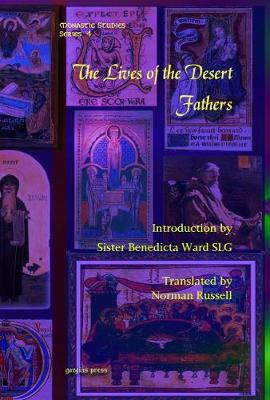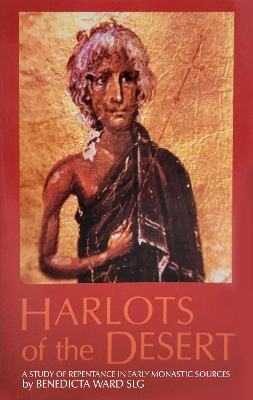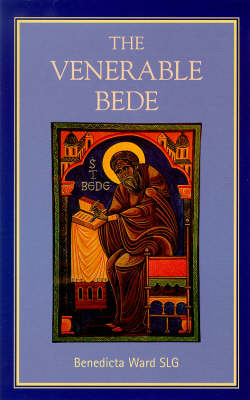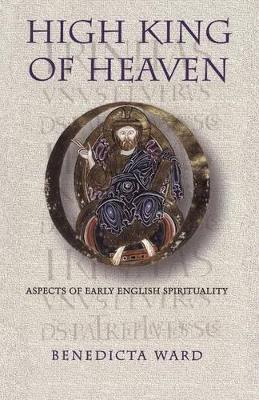Cistercian Studies
4 primary works
Book 34
Book 106
Beauty consuming itself like incense burnt before God in solitude, far from the eyes of men, became the most stirring image of penance conceivable. Stories on conversion from extreme sinfulness to extreme holiness have always attracted humankind's attention, and this was especially so among the monks of the ancient and medieval world. In the literature of fourth-century Egypt, alongside the wise sayings of the desert fathers and the stories illustrating their way of life, there are also the accounts of the lives of the harlots, Pelagia, Maria, Thais, Mary of Egypt, and a number of lesser figures, all of which were copied, translated, and retold throughout the Middle Ages.
In this monograph, Benedicta Ward continues the work she began in The Sayings of the Desert Fathers and The Lives of the Desert Fathers, commenting on early monastic texts by discussing the theme of Christian repentance. She begins with May Magdalene, the archetypal penitent, and goes on to examine the desert tradition, concluding each chapter with new translations of those lives which were most influential in the early Church and on countless generations afterwards.
Book 169
Book 181



